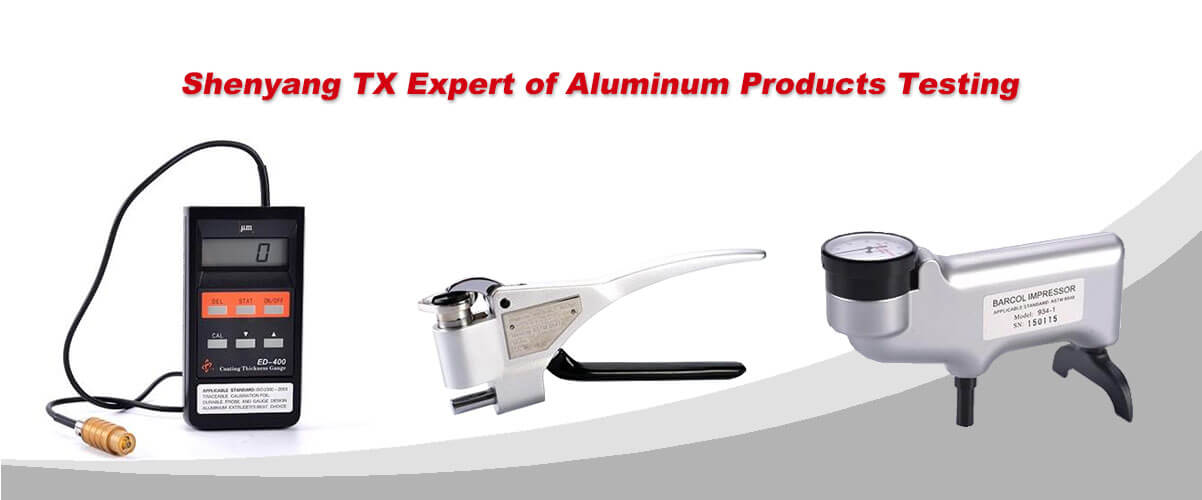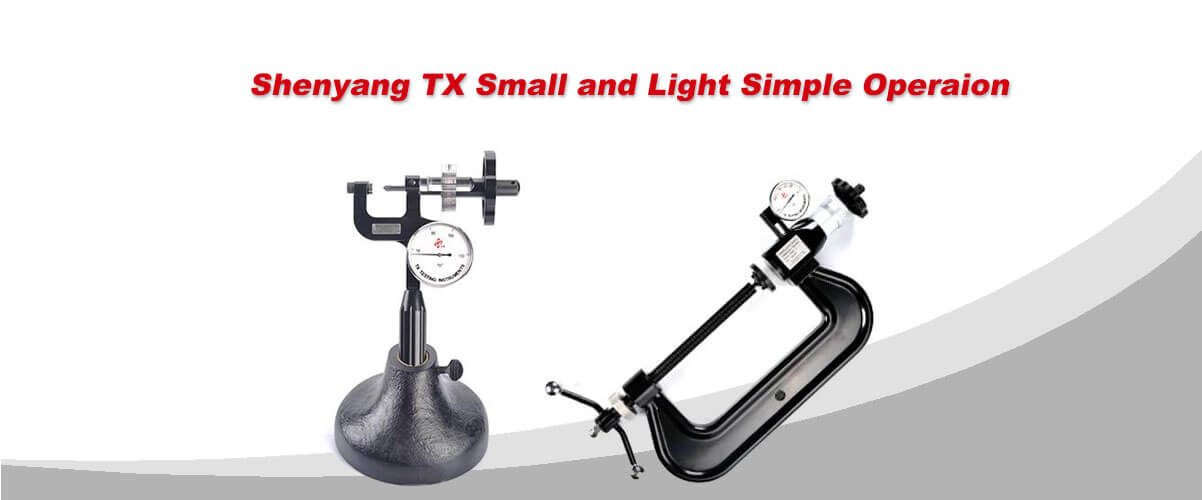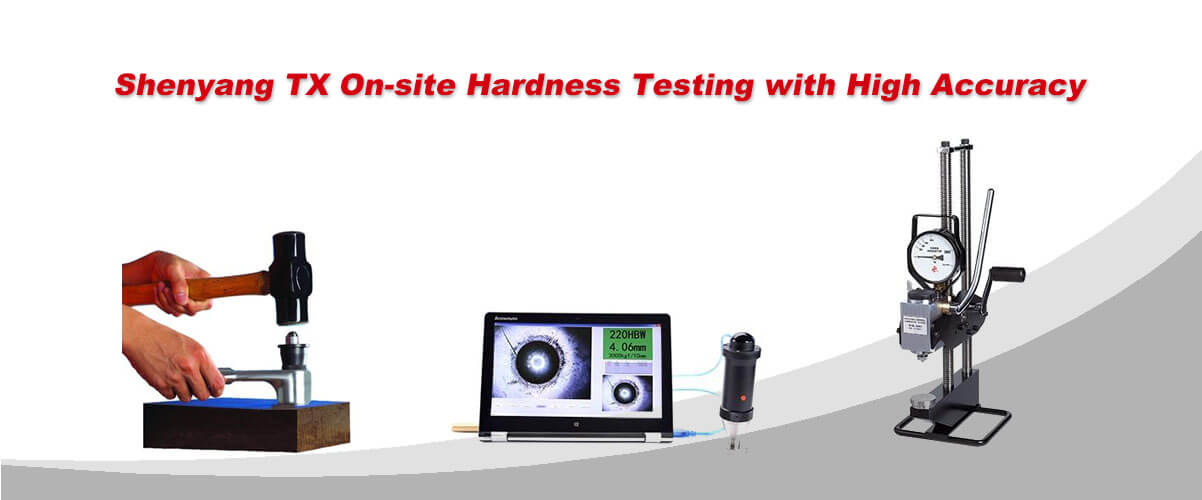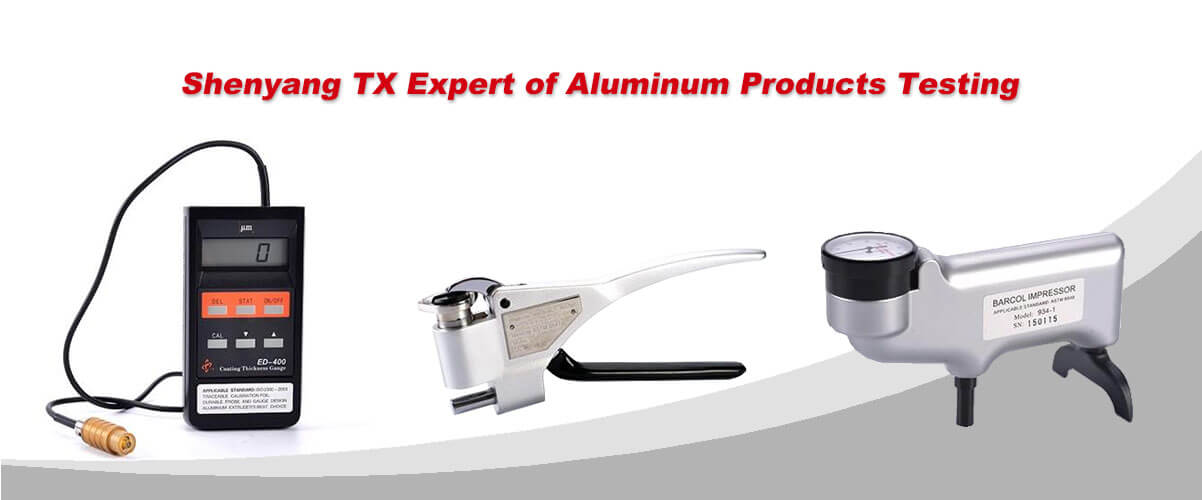3. Selection of Indenter and Test Force for Brinell Hardness
Four testing conditions can be selected for Brinell hardness tester, correspondingly the values of 0.102F/D2 are 30, 10, 5, 2.5, refer to Appendix I. The testing range of hardness is from 20HBW to 650HBW.
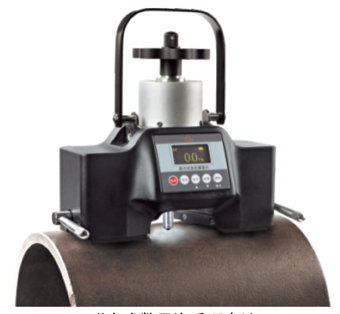
For steel, forged steel, cast iron, nickel alloy, titanium alloy, and bronze, choose the ball indenter with diameter of 2.5mm, apply 187.5kg test force, thus 0.102F/D2 =30; for soft cast iron, brass and hard aluminum alloy, choose the ball indenter with diameter of 2.5mm, apply 62.5kg test force, accordingly 0.102F/D2 = 10; for soft brass, pure copper, soft aluminum alloy, and pure aluminum, choose the ball indenter with diameter of 5mm, and apply 125kg test force, then 0.102F/D2 =5; for pure aluminum and other soft metals, choose the ball indenter of 5mm diameter and apply 62.5kg test force, therefore 0.102F/D2 =2.5. Refer to Appendix J for selection of the testing conditions of Brinell hardness.
A pre-test should be carried out after the test force is determined. The relationship of indenter diameter D and indentation diameter d should satisfy 0.24D≤d≤0.6D, if not, change the test force and retest.
4. Selection of Anvil
The anvil should be selected according to the shape of the test piece.
Flat anvils are adopted by flat test pieces.
V-shape anvils are used to test the test pieces with a cylindrical surface thick wall pipes, round bars, and wires.
For tubing with inner diameter > 30mm, apply the regular Rockwell hardness tester and use the spot anvil by inserting its left side into the tube to test the external surface hardness, or by exchanging the positions of indenter and anvil to test its internal surface hardness.
For tubing with inner diameter < 30mm, cut one piece from the test piece of tubing and use the flat anvil to test its internal surface.
For the soft metal thin-wall tubing with inner diameter >4.8mm, use the model PHR-1ST superficial Rockwell hardness tester.
The spot anvil can be applied to test small test pieces and those with the uneven bottom surface. For small-size, deformed punching parts, the slender spot anvil can be selected.
For the bent sheets, use the flat anvil or the spot anvil and have the convex surface rest on the anvil.
For such thin and soft metal sheets as tin plates, cold-rolled thin steel sheets, and thin copper strips, the best choice is diamond spot anvil together with Superficial Rockwell Hardness Tester.

